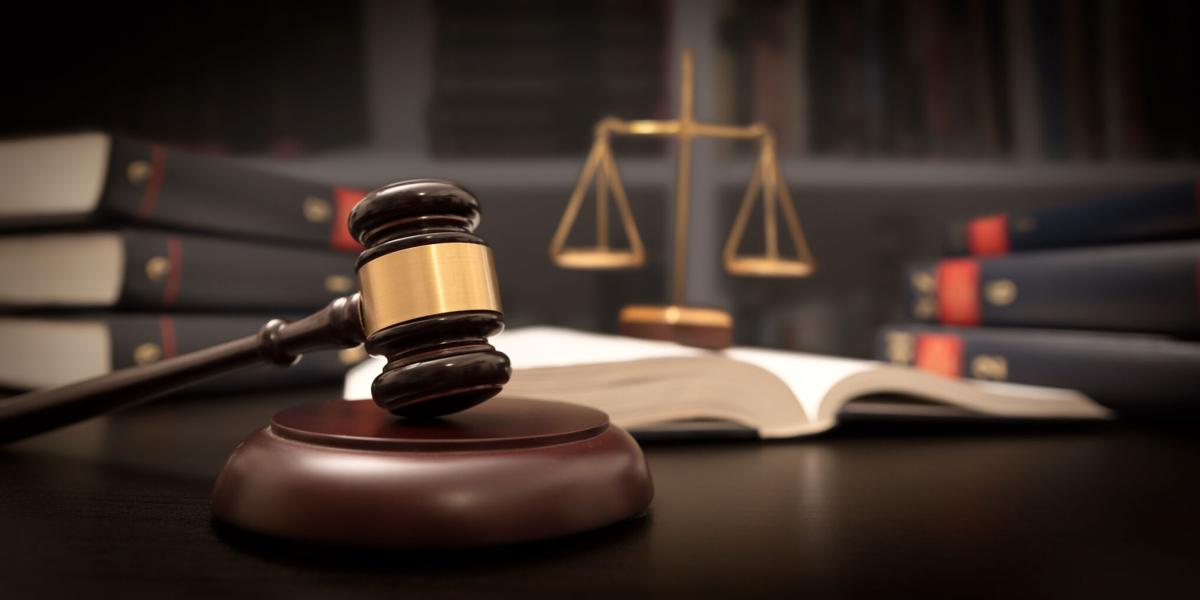PHOENIX — A lawsuit by Attorney General Mark Brnovich against Secretary of State Katie Hobbs is flawed, a Yavapai County judge said Friday.
Judge John Napper noted that Brnovich is asking him to rule that Hobbs must submit a new Election Procedures Manual for his approval by this coming Wednesday. More to the point, the judge said that the attorney general wants him to order that the manual must have all the changes he wants.
The problem, Napper said, is that Brnovich has failed to explain to anyone — himself included — why the attorney general believes the provisions he wants removed are illegal.
Instead, the judge said, all Brnovich did is demand that Hobbs accede to the changes he wants, changes she has so far refused to make.
Napper, however, indicated he’s not prepared to do that.
“I can’t figure out why they need to come out,” Napper told Assistant Attorney General Michael Catlett.
“I can’t figure out why the attorney general objects to them,” the judge continued. “Most of them appear to me to track the statutes and provide guidance on the statutes.’’
In fact, Napper said the only explanation Brnovich has provided so far about the requested changes is “opaque.”
The judge instead directed the attorney general to produce a point-by-point list by Friday, May 6, for Hobbs — and for himself — of why he wants each of the changes and, more to the point, why they are legally necessary. And then he gave Roopali Desai until May 20 to respond, setting up a June 2 hearing to hear arguments.
Napper also directed that Gov. Doug Ducey be added to the case.
That’s because the law requires that the manual be approved not just by the attorney general but also the governor. The judge said he’s not prepared to decide a dispute between Hobbs and Brnovich and then have Ducey come in at the last minute and say he wants something else.
At issue is the law requiring the secretary of state to prepare a new manual every two years ahead of each election.
It is designed to provide guidance to county recorders, often repeating or amplifying what already is in state election law.
Brnovich refused to provide his signature on the manual, something that is required for it to take effect, demanding changes. When Hobbs responded that the manual she crafted does comply with the law, he filed suit.
Napper noted that Hobbs did make multiple requests to Brnovich to discuss the areas of difference. He asked Catlett why his boss didn’t respond.
“Because we never got a legally compliant draft EPM,” Catlett responded.
“But that’s not how that works,” the judge shot back, saying that should have led to a conversation. In fact, Napper noted, there were things that Hobbs was willing to remove but found herself facing a demand by Brnovich to do things his way — or wind up, as they have, in his courtroom.
“The only thing that’s acceptable to you is your starting negotiating point is your draft?” he asked Catlett.
The judge also said it appears that some of the legal arguments Brnovich is presenting are inconsistent.
On one hand, Napper said, Brnovich contends that Hobbs included provisions in the manual that are not authorized by law. And Catlett said anything not spelled out specifically in the statute can’t be part of that guidance.
But Napper noted that Brnovich also wants him to order Hobbs to include entirely new language — beyond what the law requires — spelling out for county election officials the exact procedures they have to follow when verifying the signatures on early ballot envelopes.
That is based on allegations that Maricopa County is not adequately reviewing each ballot signature to determine if it matches that of the voter. And Brnovich even suggested the county was using artificial intelligence to do signature matching, a contention the county disputes.
The request by Brnovich left the judge confused.
He pointed out that the manual simply says that every signature needs to be verified by a human being.
And Napper said that’s exactly what state election law says. Yet he noted that Brnovich wants more.
“You’re asking the secretary to create out of whole cloth ways that individuals are supposed to verify signatures,” he told Catlett. “You’re asking her to just make that up with no guidance from anyone.”
And Napper said he can’t — and won’t — order her to do that.
“The secretary isn’t allowed to sort of create their own rules about how things are done,” the judge said.
“They have to follow the statutes as they exist, which she did in her manual related to the verification of these ballots,” Napper said. “It almost tracks the statue exactly.”
Napper did reject a request by Desai to toss the case entirely because Brnovich waited four months after the deadline to adopt a manual before filing suit.
And the judge said he was not going to address allegations that Brnovich brought the lawsuit in a bid to help his campaign for U.S. Senate.





